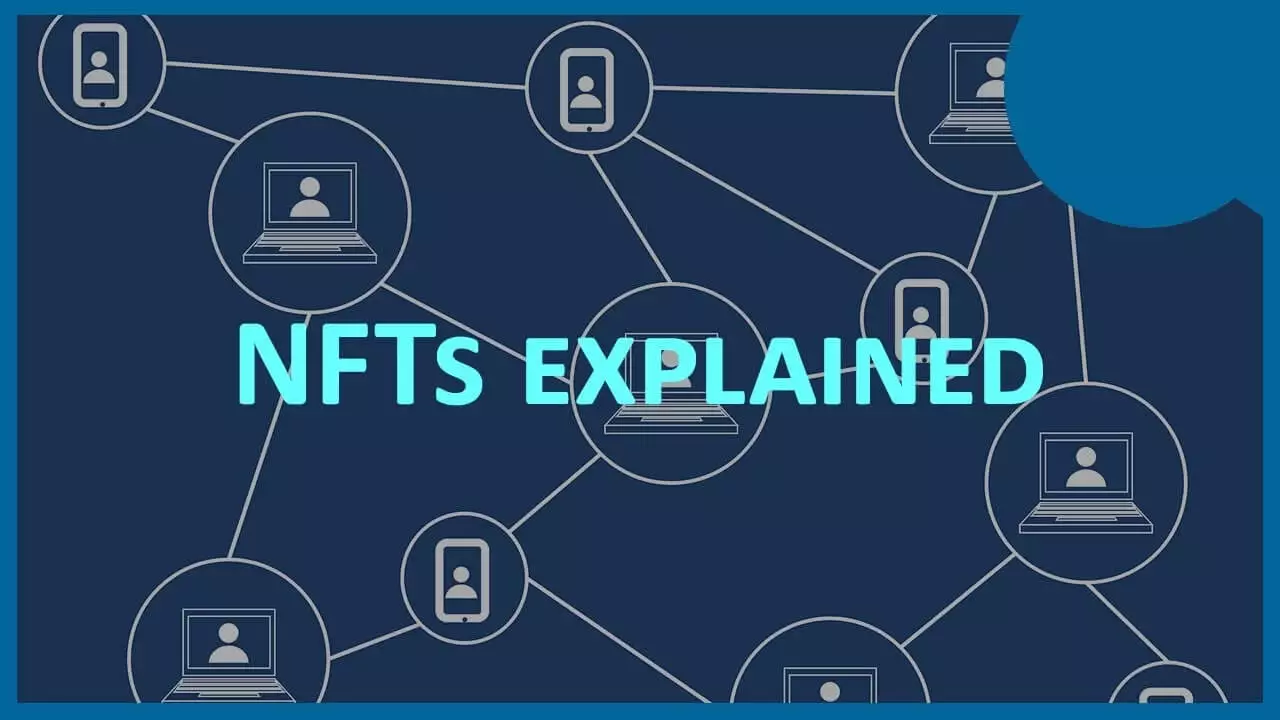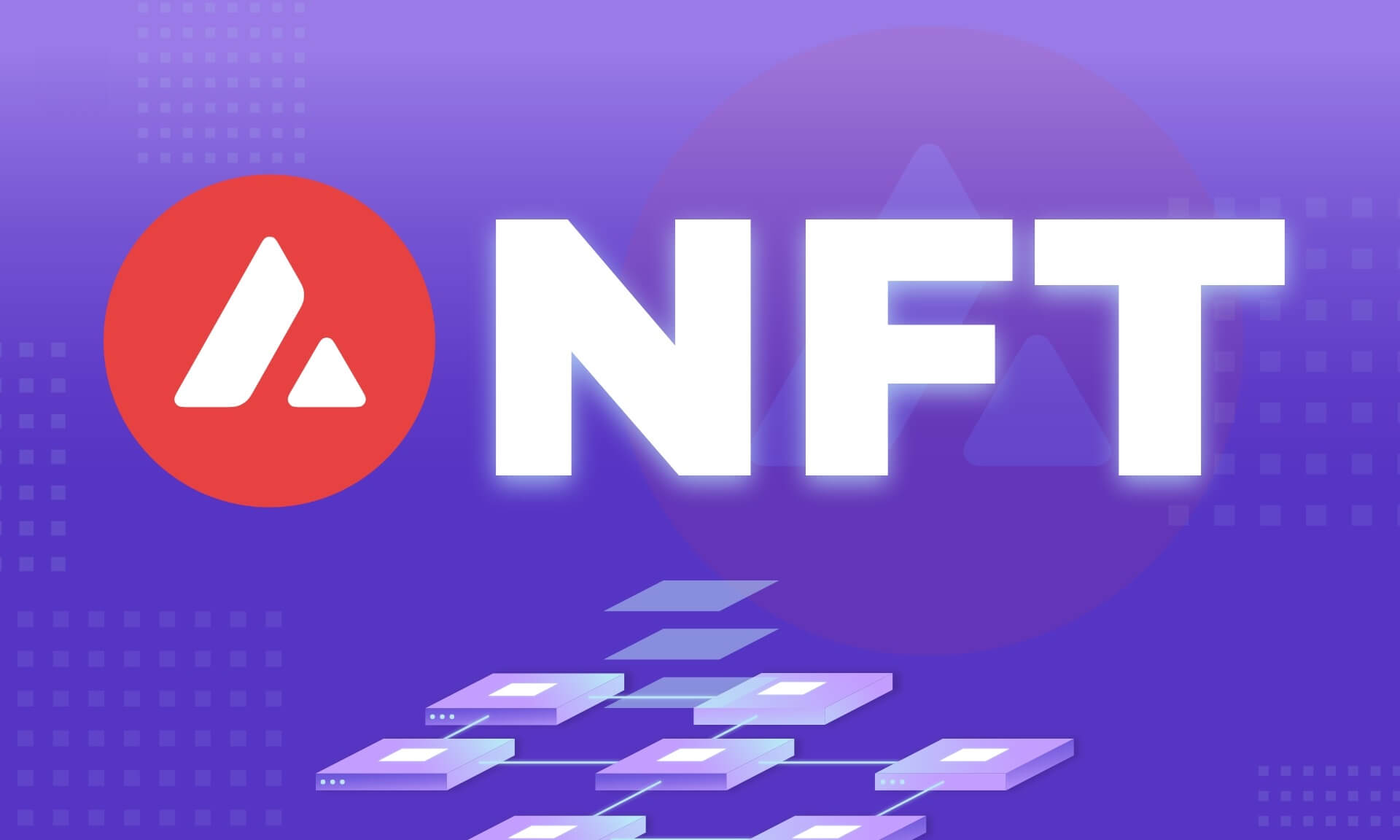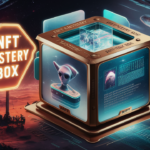Non-fungible tokens, or NFTs, are digital items stored on a distributed ledger technology such as the blockchain. They’re unique tokens that represent something of value – like artwork, music, videos, virtual land and even tweets. Unlike traditional currency or cryptocurrencies like Bitcoin, which can be interchanged with any other coin of the same value, these tokens are one-of-a-kind and cannot be replaced with another token. In essence, NFTs certify ownership of a particular digital asset.

How do NFTs work?
NFTs rely on blockchain technology to provide a secure and permanent record of ownership for each token created. Whenever an NFT is created, it’s assigned a unique identifier and stored on the blockchain. This identifier helps to ensure that each token remains authentic, meaning that no two tokens are ever exactly alike. Transactions involving NFTs are secure and immutable.
Advantages of NFTs
NFTs offer several advantages over traditional currencies and cryptocurrencies, including:
Ownership: As previously mentioned, owning an NFT means you have exclusive ownership of that particular digital asset. It also means you can prove ownership if the asset is ever challenged or stolen by someone else.
Security: Since NFTs are stored on the blockchain, they’re extremely secure and difficult to tamper with. Transactions involving NFTs are also more secure than traditional transactions, as they can’t be reversed or cancelled like other currencies and cryptocurrencies.
Transparency: All information related to NFT ownership is stored on the blockchain, which means it can be easily accessed by anyone with access to the ledger. This helps ensure transparency and allows buyers and sellers to know exactly who owns what at all times.
Disadvantages of NFTs
Although there are several advantages to using NFTs, there are a few potential drawbacks that should be considered before investing in them:
Volatility: The value of an NFT can fluctuate quite drastically over time, making it difficult for buyers and sellers to predict how much an NFT is worth.
Lack of Regulation: As of now, most NFTs are not regulated by any government agency or financial institution. This means buyers and sellers must remain vigilant when considering investing in them.
Scams: Unfortunately, there have been a few reports of scammers creating fake NFTs with the goal of stealing money from unsuspecting buyers. It’s important to do your research before investing in any NFTs to ensure you’re buying from a legitimate seller.
In conclusion, non-fungible tokens are unique digital assets that offer advantages such as ownership and security over traditional currencies and cryptocurrencies, but also come with potential drawbacks such as volatility and scams. Before investing in an NFT, make sure you understand how they work and research the seller to ensure it’s a legitimate transaction.

Wesley has been a crypto enthusiast for a year. He’s an avid watcher of all the latest developments in the space, and enjoys predicting what will happen next with his favorite coins.
He lives in his hometown of New York City with his wife and two sons. His hobbies include watching movies, playing basketball, and reading about how to survive disasters that may occur from climate change or an asteroid impact!




